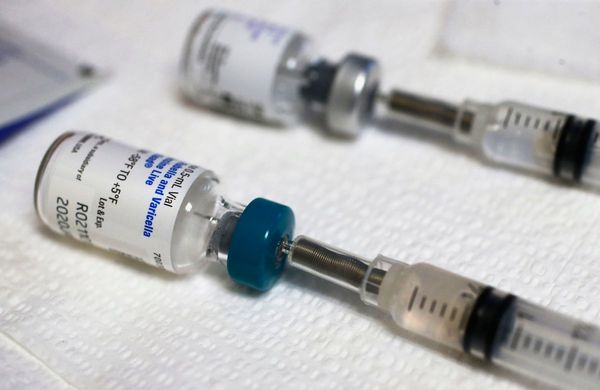
Whether Australians will need to use Digital ID, hand over their drivers licence, scan their face or provide any other proof of their age to use social media is a decision that’s up to the politicians, says the head of a company running the government’s trial of the technologies.
On Friday, the federal government announced that it had selected the Age Check Certification Scheme (ACCS) to run a trial of age assurance technologies, as part of its plan to ban teens from social media.
The government plans to introduce legislation this week to force social media companies to take “reasonable steps” to restrict Australians under the age of 16 from accessing their platforms. The legislation is expected to pass Parliament with the support of the Coalition.
What is “reasonable” will be informed in part by what the ACCS reports back mid-next year — after the federal election — as it evaluates the different ways tech platforms will seek to find out their users’ ages.
How it works: the ACCS will invite companies to provide technologies that it then tests against measures such as how accurate they are, how easy they are to use and how they measure up on privacy, data security and human rights protections. Once completed, the ACCS will provide a report about how well the technologies performed.
ACCS CEO Tony Allen said its evaluation of age verification technologies will help guide how to use them, but the ultimate decision is not up to his company.
“The way we look at it, something causes an age-related eligibility question for the user. What causes this is not our field, that’s for the politicians to decide, the policymakers to decide. Could be social media, could be pornography, it could be gambling, could be a senior citizens bus pass,” he told Crikey.
The government tender called for the trial to test what’s known as a “double-blind tokenised attribute exchange model”. Under this method, a user proves their age (using something like a drivers license) to a third party system (such as the federal government’s Digital ID). That system can then vouch for the user’s age to providers (such as Facebook) without the user needing to show their license again.
Also on the menu of options to test: biometric age verification, facial analysis, getting parental consent and using email verification.
Even though Allen hasn’t yet run the trial — although ACCS has done similar trials for the UK and EU — he’s already on record saying that any solution will have to include multiple methods of age verification.
“What follows is the process of age assuring and the critical thing is about picking the right tools to do that … It’s not a one size fits all. It’s not ‘you should do this here or that here’, or one silver bullet that’s going to solve it all,” he said.
For example, accessing social media might require a facial scan — a less laborious but also less reliable method of assessing a user’s age — whereas accessing online gambling might require government ID.
So, how should the government decide how high the bar is for Australians when it comes to proving their age for various online services? What risk is low enough to ask Australians to simply click a checkbox saying they’re an adult, as opposed to, say, providing their passport?
“[The decision] is often led by pressure from users and consumers and from experiences that people have online that are detrimental. And that, of course, leads to politicians being involved. So you need a policy maker to decide what the levels are at,” Allen said.







